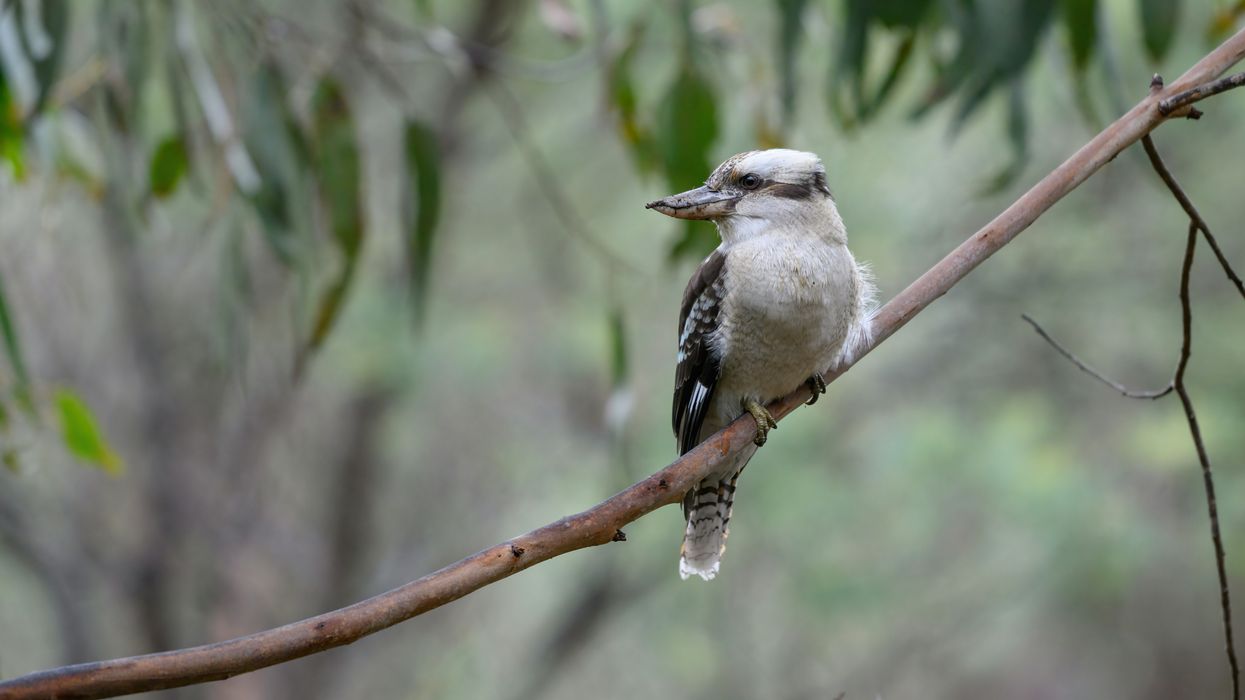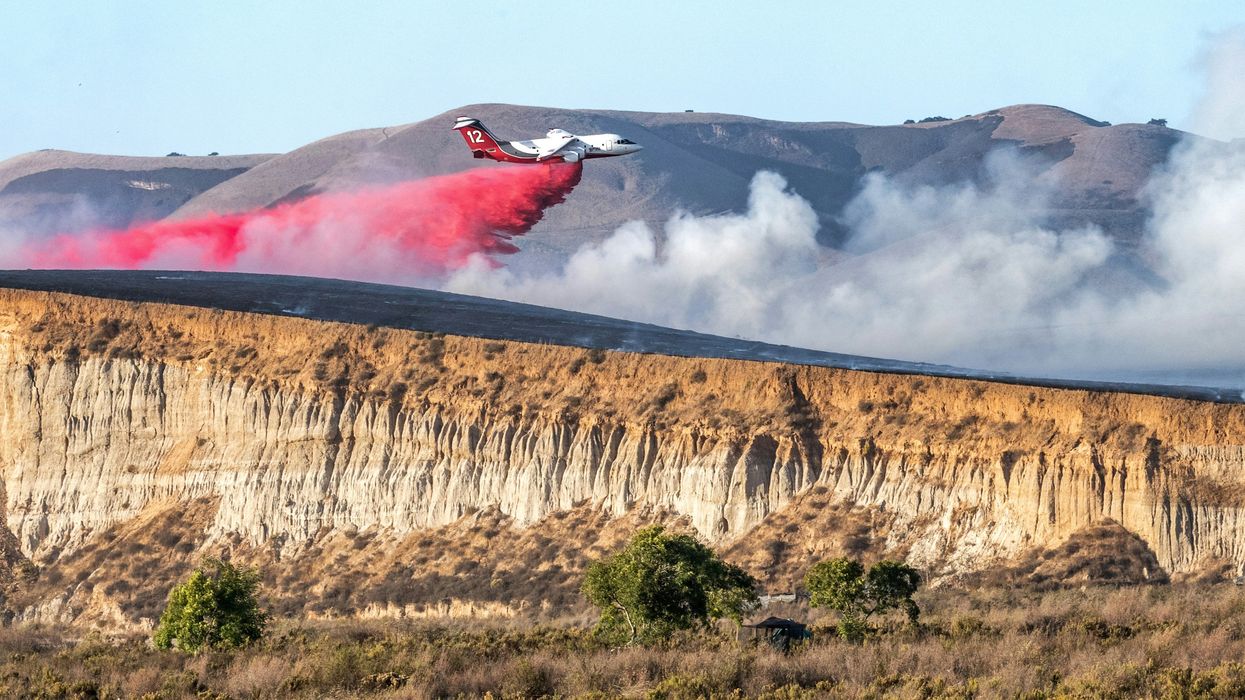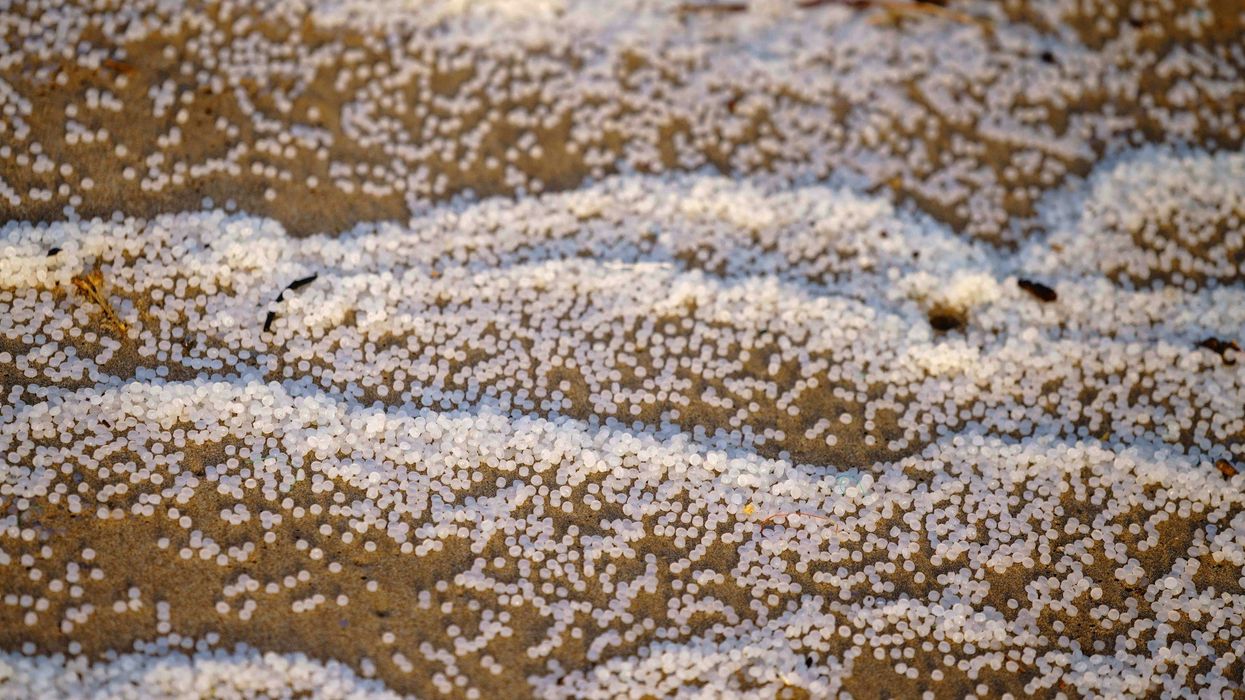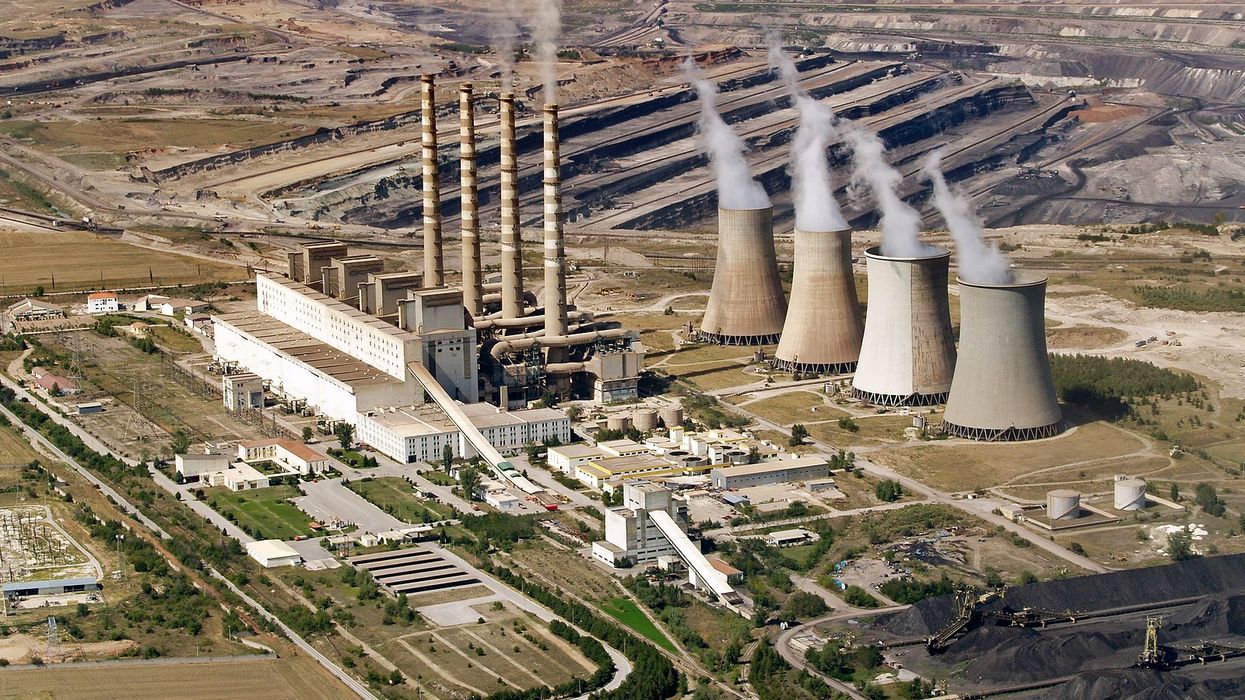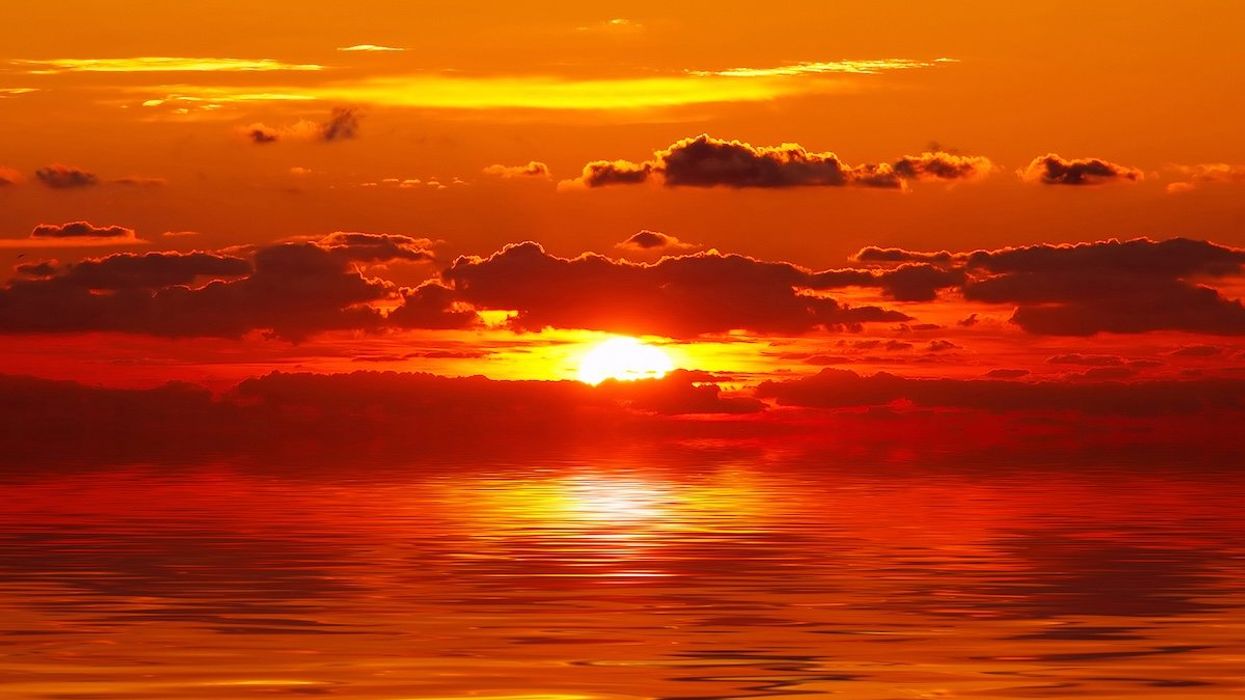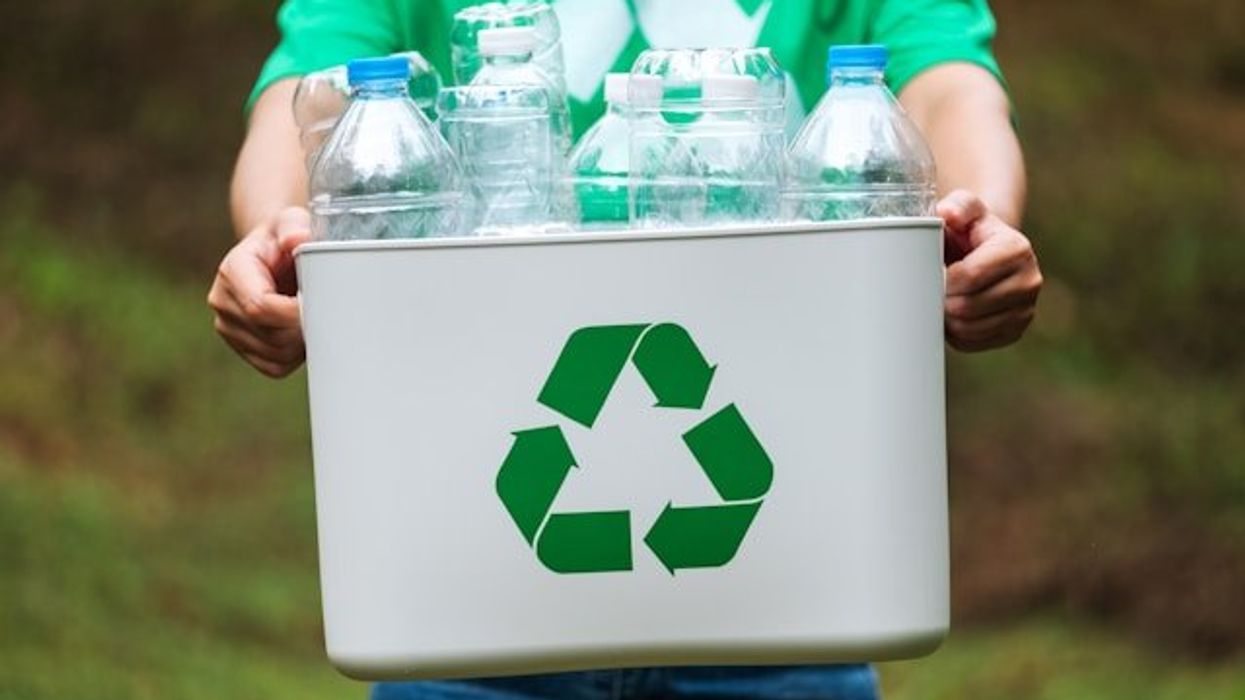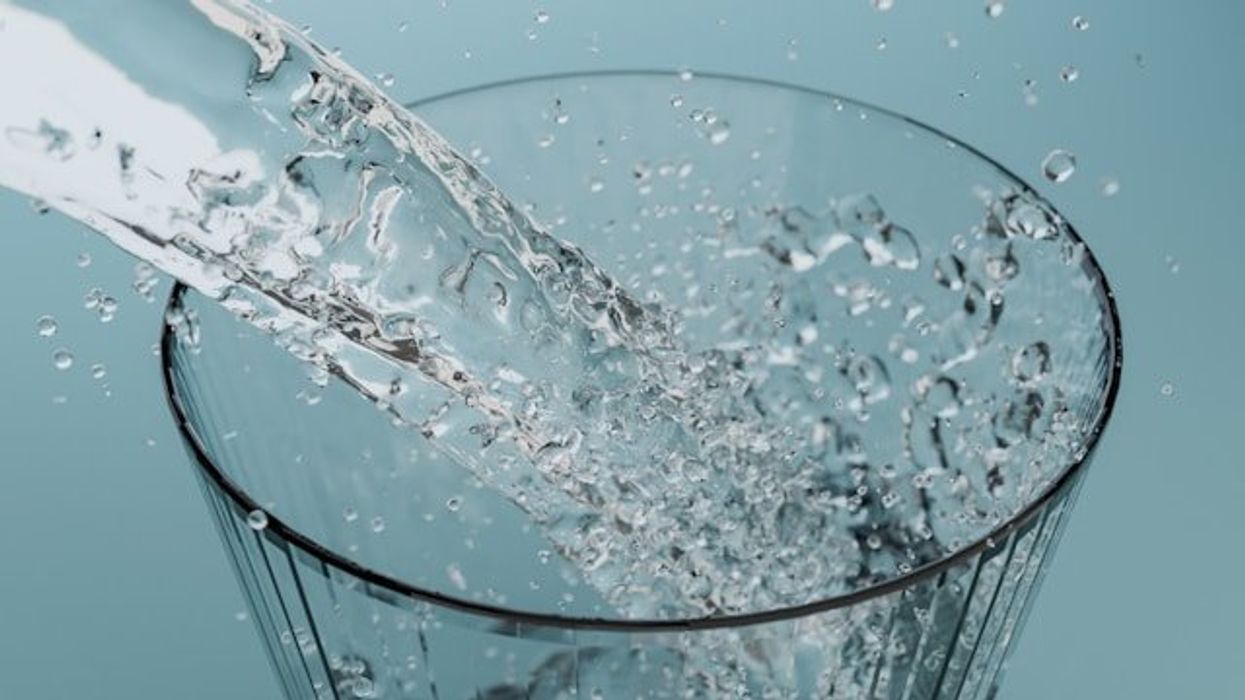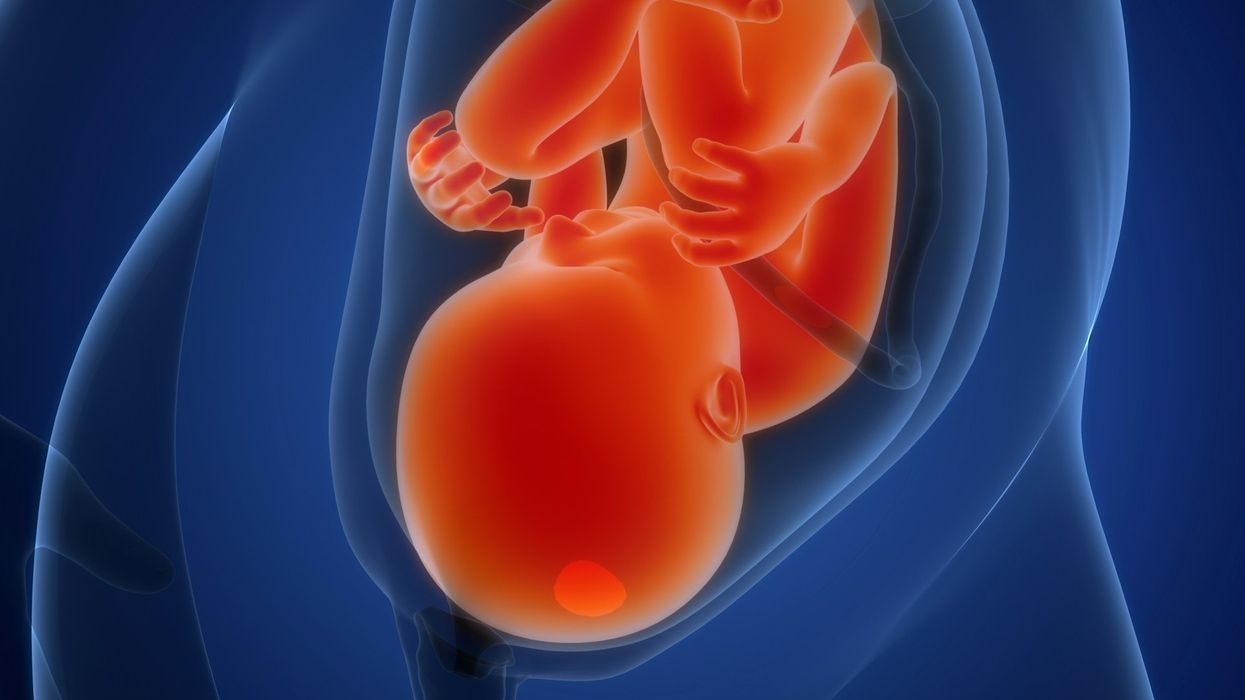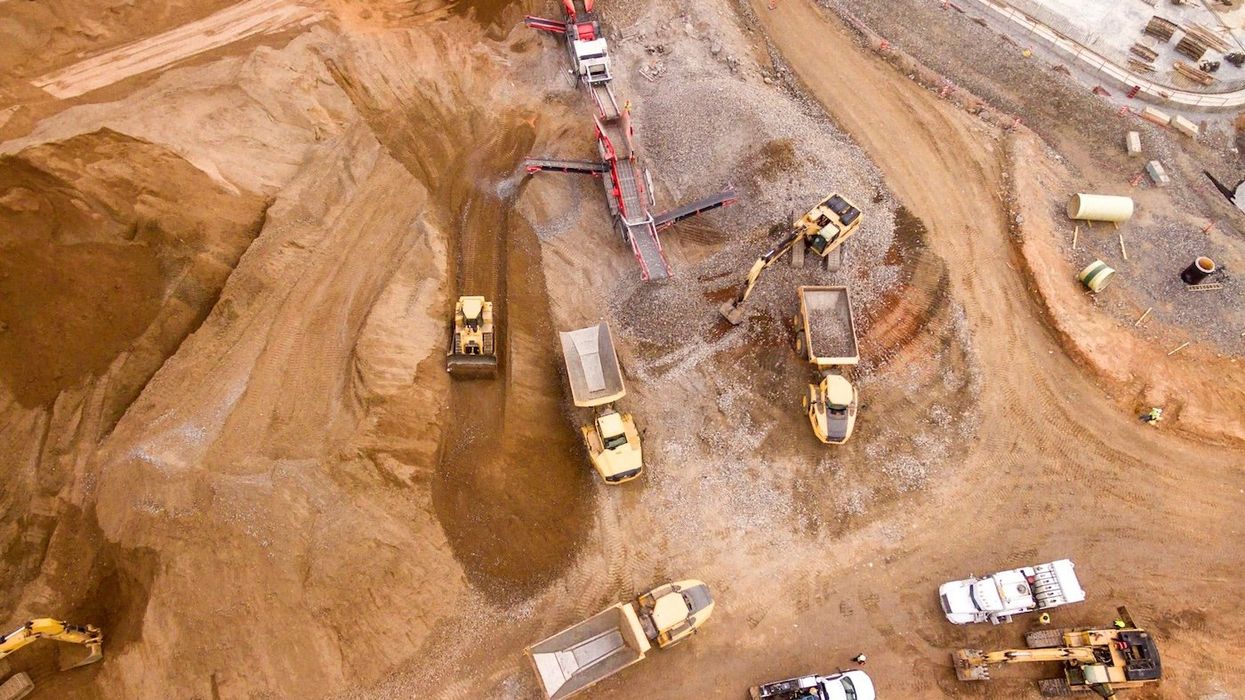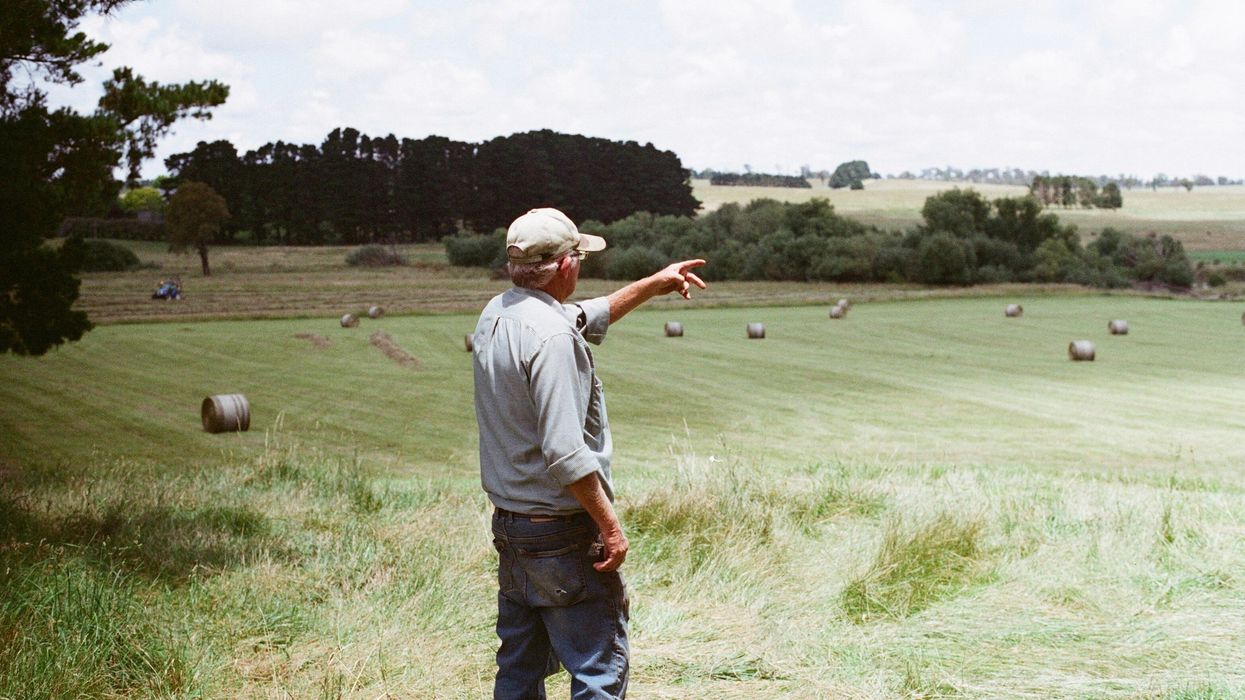Researchers are finding extensive microplastic contamination across Brazil's coast, impacting both marine ecosystems and human food sources.
Luís Patriani reports for Mongabay.
In short:
- Studies show that plastic pollution is present on almost all Brazilian beaches, even remote and protected areas.
- The MICROMar project is the largest initiative to analyze and map microplastic pollution along Brazil's coastline, studying over 1,200 beaches.
- The Voice of the Oceans project found high levels of microplastic contamination in mollusks, which are key bioindicators for marine pollutants.
Key quote:
"The maps will enable us to see how the pollution is distributed and understand just how extensive and serious the contamination is."
— Guilherme Malafaia, professor at Goiano Federal Institute
Why this matters:
Microplastic pollution not only threatens marine life but also enters the human food chain through seafood. Understanding the spread of this contamination is critical for shaping policies that protect ecosystems and public health.


